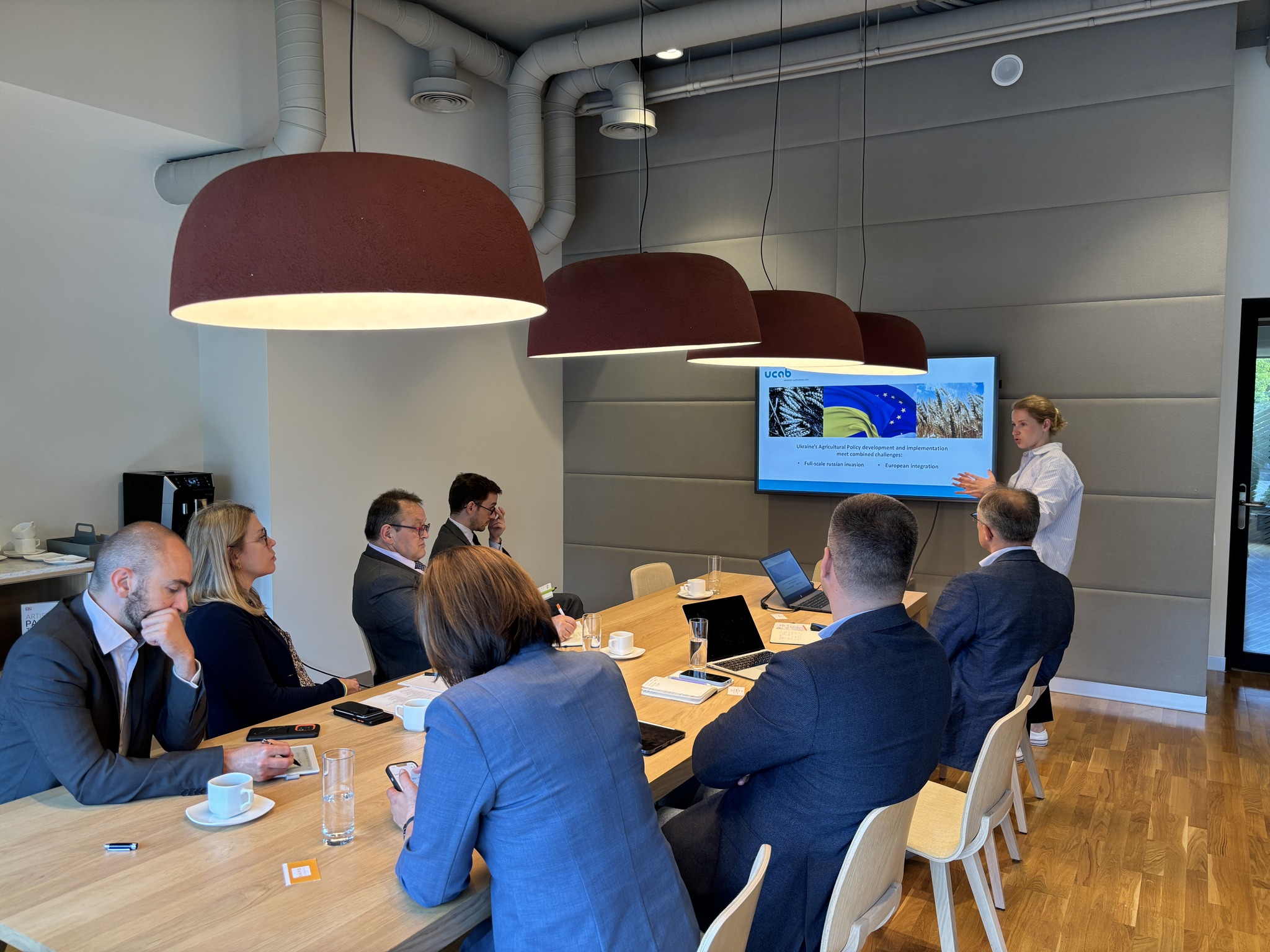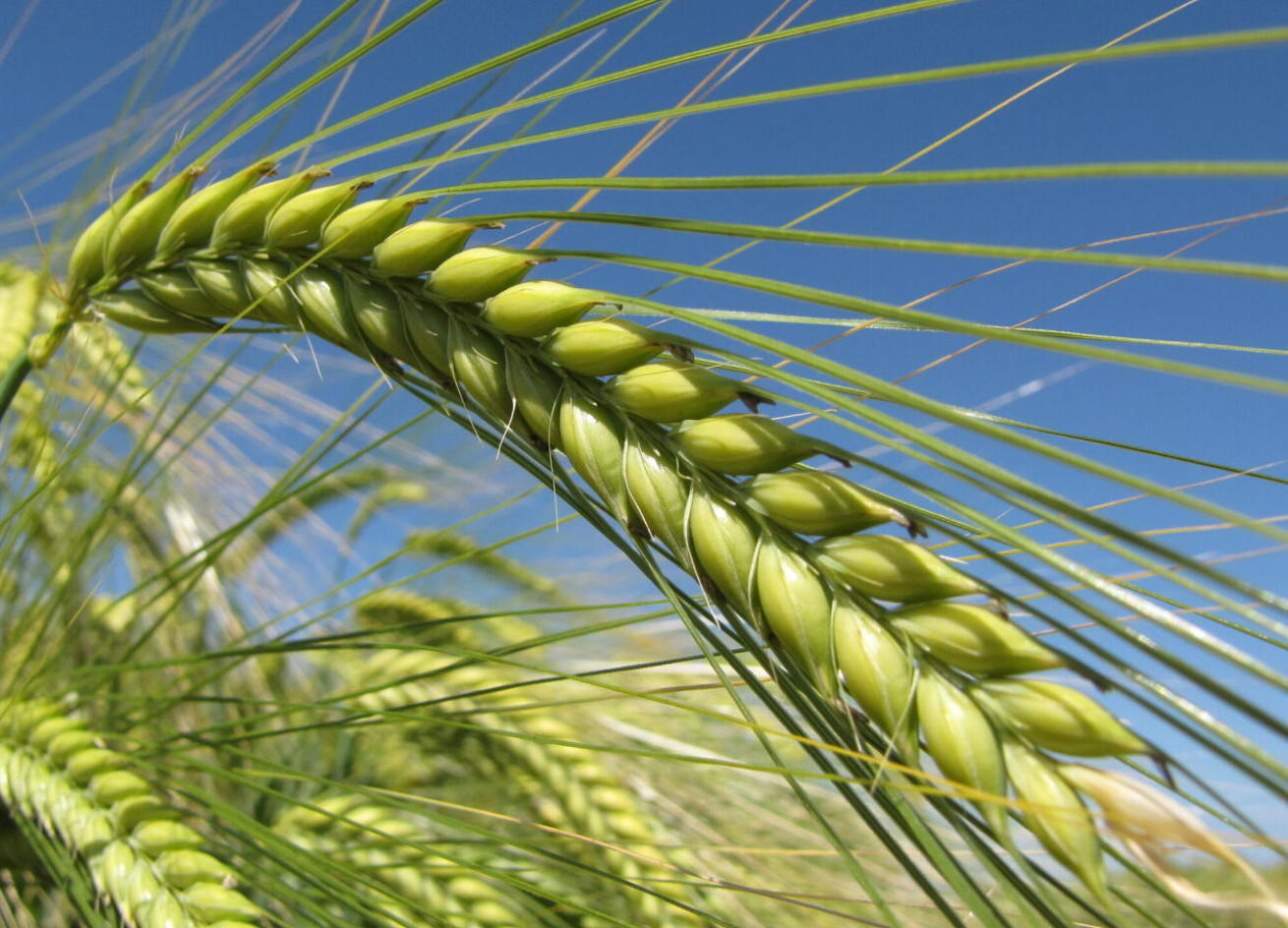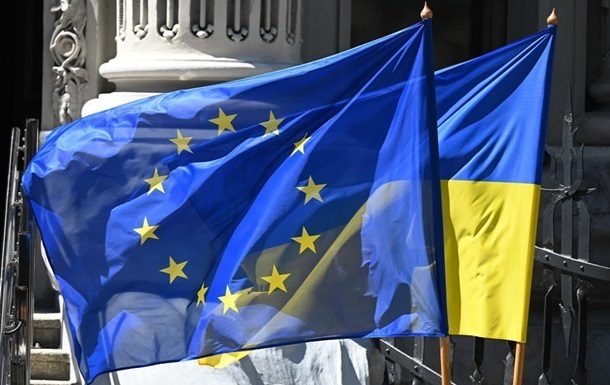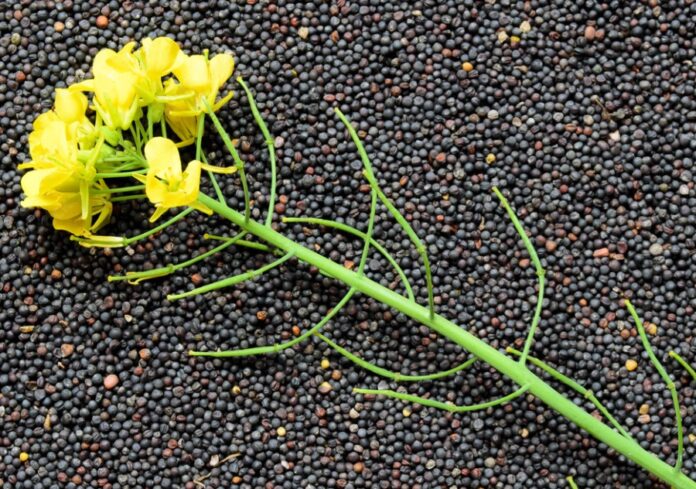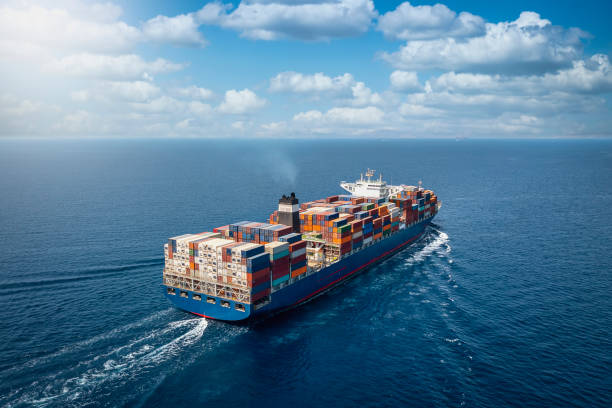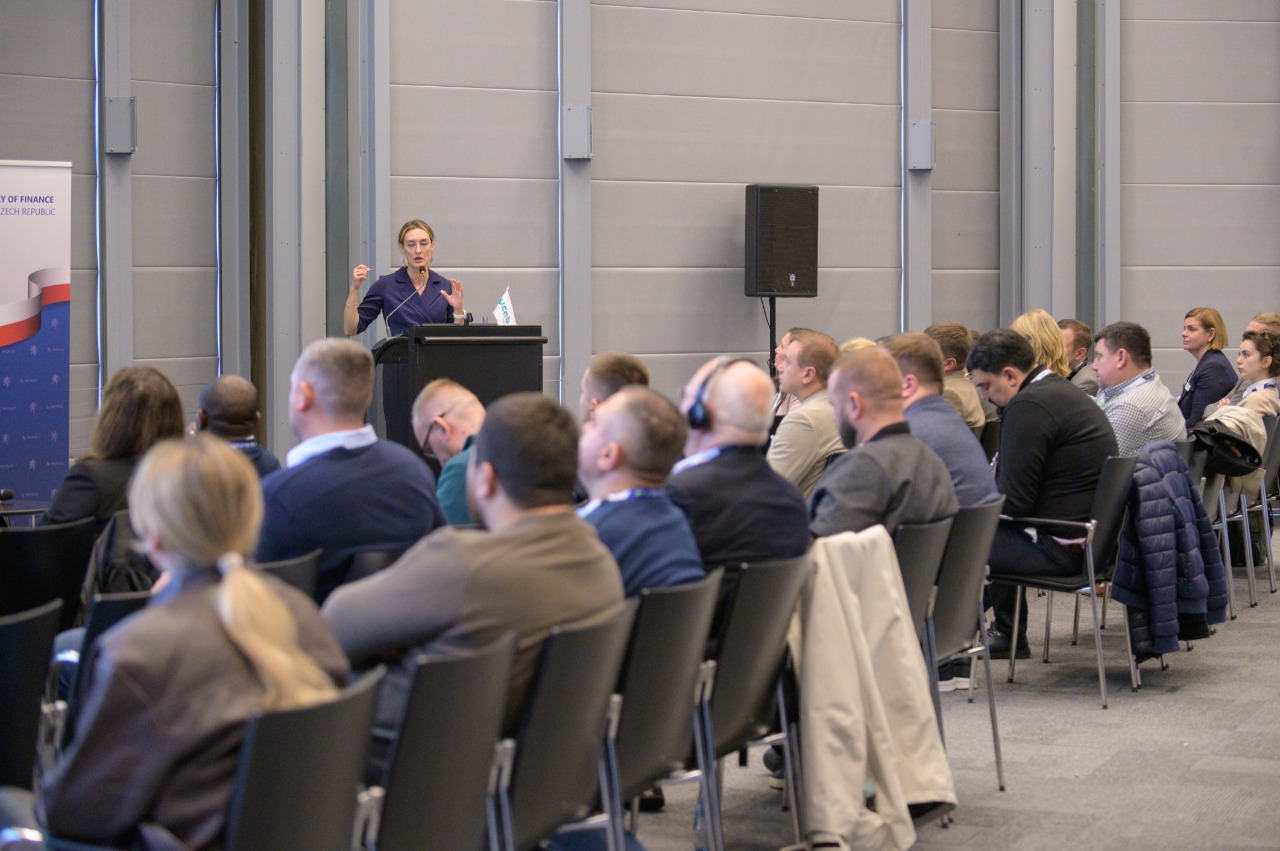
On November 10, the International Finance Corporation (IFC), a member of the World Bank Group, in partnership with the Ministry of Finance of the Czech Republic and the UK Government, and in cooperation with the Ukrainian Agribusiness Club Association (UCAB), held the workshop “EU–Ukraine Agritech Bridge: Technologies, Standards, Integration” as part of the AGRITECHNICA 2025 international exhibition.
The seminar was held as part of the AgriResilience initiative, through which IFC and its partners strengthen sustainable and resilient food ecosystems in Ukraine and across Central and Eastern Europe. The project aims to unlock private sector investment in agribusinesses that are adapting to transformational shifts.
Taras Kachka, Deputy Prime Minister for European and Euro-Atlantic Integration of Ukraine, welcomed guests, emphasizing that the European integration of the agricultural sector also means the integration of technologies. He saidthat the success of this process depends not only on trade or support programs but also on the level of knowledge and skills exchange. This idea was expanded in the welcome remarks by Alex Lissitsa, President of UCAB and Chairman of the Board at IMC: “The stable export of grain and oilseeds even during the war demonstrates the tremendous progress of Ukraine’s agricultural sector over the past 20 years. This has been made possible thanks to improved efficiency, technological advancement, and cooperation with international partners who continue to invest in Ukraine”.
Olga Hunger, Regional Director Eastern Europe at DLG e.V., German Agricultural Society, also welcomed the workshop participants: “This year, Agritechnica brings together around 3,000 exhibitors from all over the world, including more than 30 Ukrainian companies. Their presence and demonstration of innovations, despite today’s challenges, are truly inspiring. Agritechnica is more than just an exhibition — it is a global hub of innovation and transformation, a platform for dialogue and collaboration.”
Yekaterina Foster, Operations Officer, Manufacturing, Agribusiness and Services Europe at the International Finance Corporation (IFC), presented IFC’s financial and advisory solutions for agribusiness in the Europe region, including details of the Sustainable Cooling Initiative,: “Europe is the fastest-warming continent in the world. Rising temperatures lead to increased energy costs, food spoilage, and a significant decline in productivity and yields. Therefore, within its programs, IFC is implementing a sustainable cooling initiative to help companies introduce innovative solutions as part of their decarbonization strategies. Thanks to funding from the United Kingdom, IFC can provide technical assistance, capacity building, and grants for the adoption of innovative cooling technologies across supply chains.”
The topic of sustainable cooling was explored in more depth during the panel discussion “Bridging the Gaps: Integrating Sustainable Cooling Solutions into Agribusiness Supply Chains.” Rusmir Music, Global Cooling Lead & Climate Finance Expert at the International Finance Corporation (IFC), explained IFC’s approach to its cooling program: “We look at the entire agribusiness value chain — from farm to distribution — and help identify where cooling is needed. It turns out that cooling is required even in areas where it’s not usually considered. Our goal is to implement transformational cooling systems — solutions that combine innovative phase-change materials with solar energy. This approach allows us to essentially ‘leapfrog’ traditional diesel generators and compressors, moving toward a new generation of cooling without relying on fossil fuels. Such systems are especially important where the power grid is unstable, while in developed economies they help companies advance their net-zero strategies.
Another key innovation is the cooling-as-a-service model, which is gaining popularity. Companies begin to treat cooling as a utility service. This means businesses can access modern solutions without having to buy expensive equipment — the financing is covered by an energy company or investor. Partnering with IFC provides patient capital — long-term investments that help amortize upfront costs, make these solutions more affordable, and enable companies to benefit from lower energy expenses and improved efficiency over time.”
Yusuf Bilesanmi, Founder of Eja-Ice Ltd, shared the results of a pilot project aimed at solving the “last-mile” cooling challenge in logistics. Thanks to the company’s solar-powered refrigerated van, partner companies have completely eliminated product losses that previously reached 17%. Natalie Casey, Chief Business Officer at Koolboks, spoke about an innovative business model that combines technological and financial solutions for sustainable cooling. The company introduced a “rent-to-own” system and its own credit assessment approach, achieving a 95% repayment rate even in high-risk cases.
The workshop continued with a presentation by Oleksandra Avramenko, Head of the European Integration Committee at the UCAB, titled “More Than Grain: Ukraine as an Asset for Europe’s Industrial Supply Chains.”
The speaker noted that in 2024, Ukraine imported key agricultural production inputs worth €9.36 billion, of which 67% (€6.2 billion) came from EU countries. The largest import category was fuels and lubricants, with the EU’s share in this segment rising from 21% (pre-war) to 69% in 2024. “Ukraine imports material and technical resources from the European Union, brings in processed products worth about €3 billion, and at the same time exports raw materials — mainly grains and oilseeds — that support the EU’s livestock sector. In other words, the stability of the EU’s industrial sector producing these agri-resources largely depends on how quickly and efficiently Ukraine’s agricultural sector recovers,” summarized Oleksandra Avramenko.
The final part of the event featured a panel discussion titled “From Inputs to Integration: Building EU–Ukraine Agri Value Chains through Technology, Trade and Transition” Participants included Oleksandr Verzhyhovskyi, CEO of IMC; Dmytro Skorniakov, CEO of HarvEast; Anton Kostyrko, Marketing Director for AGCO Corporation in Eastern Europe and Central Asia; and Oleh Zapletniuk, CEO of TAS Agro. Key takeaways from the speakers:
- The EU remains an important export market for Ukrainian products, but its share in Ukraine’s exports is declining after the introduction of quotas, while the UK market currently appears more attractive due to lower regulatory complexity.
- Ukrainian agroholdings outperform many European farmers in terms of technology and efficiency, ranking among the top 5 exporters even without being in the top 10 importers of equipment.
- The implementation of “green” standards is necessary but only viable if supported by premium pricing or when economically efficient (e.g., no-till farming).
- Daily risks and infrastructure damage, such as attacks on elevators and railway disruptions, complicate strategic planning and the implementation of long-term environmental strategies.
The International Finance Corporation (IFC), a member of the World Bank Group, in partnership with the Ministry of Finance of the Czech Republic and the UK Government, and in cooperation with the Ukrainian Agribusiness Club Association (UCAB), expressed sincere gratitude to all speakers and participants for their open and constructive discussion. Continued dialogue and cooperation between Ukrainian businesses, investors, technology companies, and international partners will help accelerate the adoption of sustainable innovations, align the sector with EU standards, and fully integrate it into Europe’s value-added supply chains.
